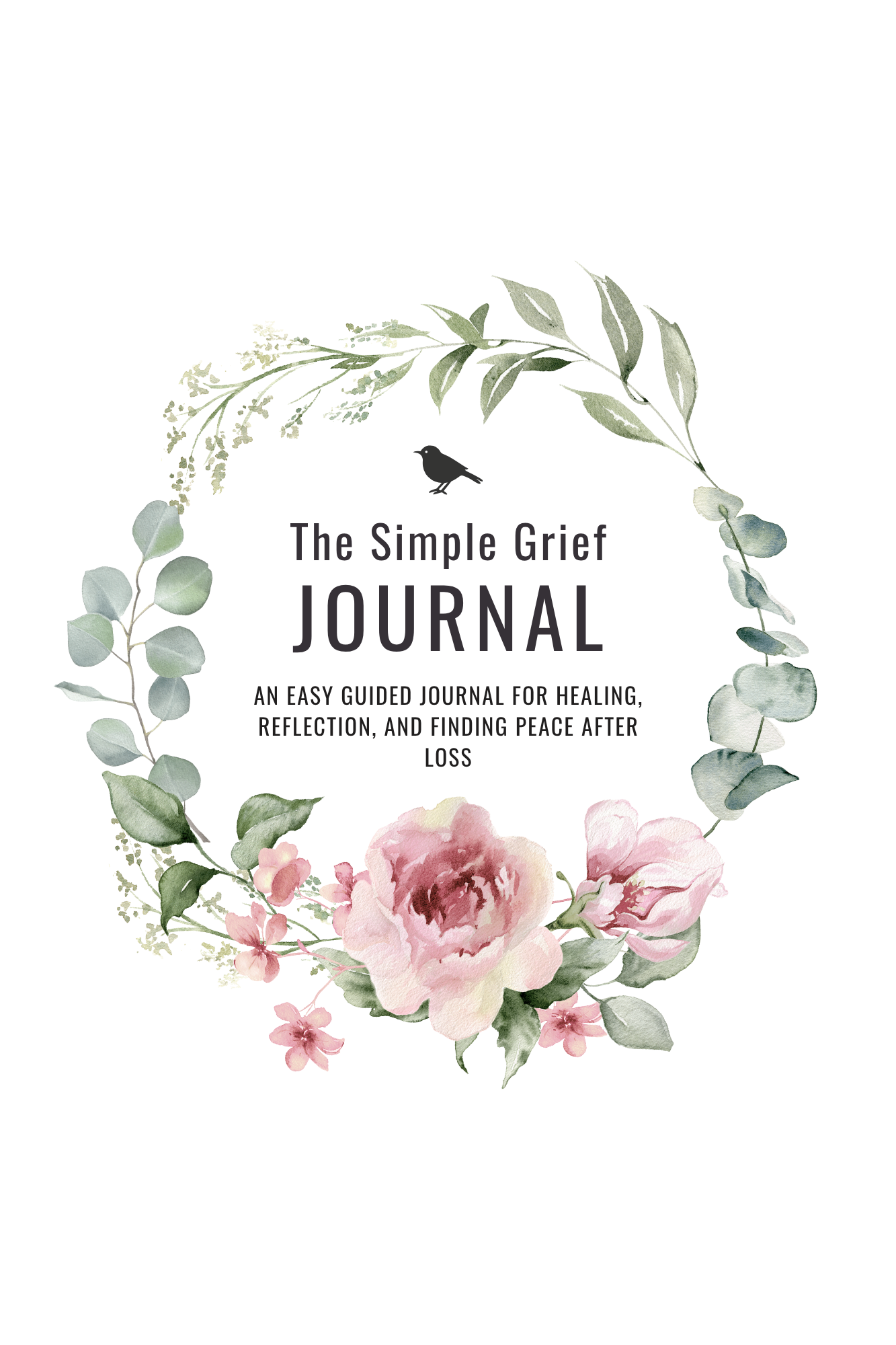- Home
- What to say
What to say
bereavement card wording ideas

What to say bereavement card wording ideas. for those moments you are sitting there with a card and a pen wondering what would be a appropriate message.
We have all been there haven't we?
Writing a bereavement card can feel daunting. At a time when someone is experiencing deep loss, it’s easy to worry that your message will come across as inadequate, awkward, or unintentionally hurtful.
But even a few simple words, offered sincerely, can bring comfort to someone navigating grief
This brief guide is here to help you write something meaningful and appropriate, no clichés, no overwrought phrases, just thoughtful words that honour the person who has died and acknowledge the pain of those left behind.
Whether you’re writing to a friend, a colleague, or an acquaintance, the suggestions and examples below can help you express your condolences with care and confidence.
Why a thoughtful message matters
Bereavement cards may feel small in the face of profound loss, but they can make a profound but quiet difference. In a time when people are overwhelmed with logistics and emotion, a kind, well thought out message that acknowledges their grief can offer a brief, important moment of human connection.
What you write doesn’t need to be poetic or profound, it just needs to be thoughtful. In fact, simplicity and sincerity go further than elaborate messages.
Grieving people, lose their capacity to take things in, during the early days so too many words may not hit the spot until later, as explained in 2 books by Mary-Frances O'Connor called:
What to say bereavement card tips
There are no perfect words in the face of grief, but there are honest ones. Here are a few approaches to help you get started:
Keep it sincere and simple along the lines of
- “I’m so sorry for your loss. Thinking of you and sending gentle thoughts.”
- “Wishing you strength in the days ahead. Please know I care.”
- “I was so sorry to hear about [Name]. My thoughts are with you.”
You don’t need to fix their grief, you just need to acknowledge it.
Offering a message of sincere support is often enough, but here are more ideas for you.
Share a memory (if appropriate), I think this is often the most personal message
If you knew the person who died, you might share a short, specific memory.
- “I’ll always remember the way your dad made everyone feel welcome. He had such a kind way about him.”
- “[Name] had the best laugh, I can still hear it. They’ll be deeply missed.”
- "Your mum was the kindest soul I knew"
When my mum passed away everyone either wrote in a card or spoke directly about her personality or what she had done for them, it felt such a comfort to me, I really appreciated it.
Avoid common clichés - they really don't help
While meant kindly, phrases like “They’re in a better place” or “Everything happens for a reason” may not feel comforting to everyone, especially in the early stages of grief.
In fact, I think it is better to say nothing at all instead of using this sort of phrase.
If in doubt, focus on compassion, not explanations, suggest you are "so sorry they are going through this" or something similar.
It’s okay to keep it brief
If you’re unsure what to say, a short, heartfelt note is always appropriate.
- “With deepest sympathy.”
- “Thinking of you.”
- “Wishing you peace.”
You don't need to write paragraphs for your message to matter, frankly, the fact you wrote and sent a card is the important bit, because it means you took the time to think about the person.
Words for different situations
Depending on your relationship with the bereaved or the circumstances of the loss, you might want to adapt your message.
Below are some examples tailored to different scenarios:
- For a colleague or professional contact:“I was sorry to hear about your loss. Wishing you peace and strength during this time.”
- For a close friend:“My heart is with you. I’m here when you’re ready.”
- For a loss in the family:“I can’t imagine how hard this must be. Sending my love and support.”
The important thing is, you are sincere and mean what you say.
Don't ever write something about "being there" for someone if you are not prepared to be there for them if they ask.
What else might you want to say & when?
Depending on your relationship with the person grieving, you might want to offer more than condolences.
Below are some additional areas where thoughtful words can make a difference, and I will be exploring these in more depth on the pages linked below:
Here are some useful and universal what to say bereavement card tips
If you're sending flowers, you may wish to include a message that accompanies them. I share wording examples for floral tributes that are simple, respectful, and dignified.
Sometimes a short poem can express what feels too difficult to say directly. I have curated a collection of timeless and gentle bereavement poems suitable for cards.
Bible verses for bereavement cards
For those who would appreciate spiritual words, select Bible verses can offer peace and hope without being overly prescriptive. I have chosen a few that are universal in tone and gentle in it's message.
For Catholic families or friends, a brief prayer or traditional phrase may be a fitting tribute. I have gathered appropriate options that are reverent without being too much.
Bereavement thank you notes
If you’re the one writing thank you cards after a loss, I have guidance on how to do this gently, especially when emotions are still raw.
Some useful sayings about grief and loss
Sayings about grief and loss with gentle words of comfort and remembrance.
Grief changes us and those around us.
It’s a quiet, uninvited companion that walks alongside us after loss, shaping days in ways we and others sometimes never expected.
Sometimes, words are the only small threads we can reach for not because they make things better, but because they remind us we’re not alone in how we feel.
What to say - bereavement words for pet loss
Grief is not limited to human loss.
When someone has lost a beloved animal, the sadness is often just as real and lasting.
These next topics help you find the right tone for writing about pet loss:
- Dog bereavement cards
- Dog bereavement poems
- Pet bereavement cards
- Pet bereavement quotes
Messages specifically for those who’ve lost a dog, with thoughtful phrases that honour the unique bond between people and their pets.
Gentle poems that recognise the role dogs play in our lives as companions, protectors, and family members.
Also,
Wording ideas for a wide range of animal companions not just dogs, offering some comfort without trivialising the loss.
Short quotes that reflect the depth of connection between people and their pets, suitable for cards, keepsakes, or messages.
Messages for specific losses
Every loss is different, and sometimes the most comforting words are those that reflect the specific relationship being grieved.
Poems that speak to the special place grandfathers hold in our lives respectful, poignant, and fitting for a sympathy card.
Gratitude after loss
Many people struggle with how to express thanks after receiving support during a bereavement. These resources may help:
Thank you bereavement cards
Wording examples for writing a thank you card after a funeral or memorial, whether to a friend, colleague, or service provider.
Thank you for bereavement gifts
Wording to acknowledge and thank those who sent food, flowers, or thoughtful presents in memory of a loved one.
A final thought
There is no perfect way to express sympathy, but there are many good ways, thoughtful, grounded, gentle messages that honour the person who has died and support the ones left grieving.
If you're unsure what to write in a bereavement card, start simple.
Speak from a place of respect.
You don’t need to fix the pain, just let the person know they are not alone in it.


